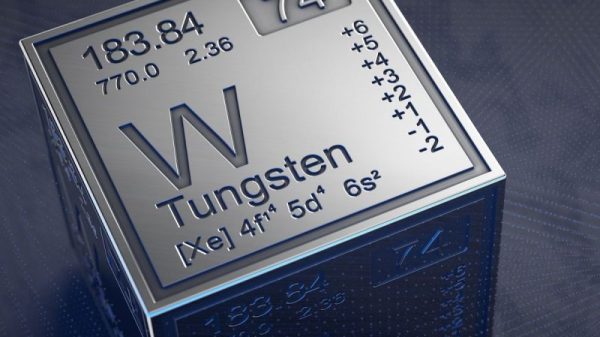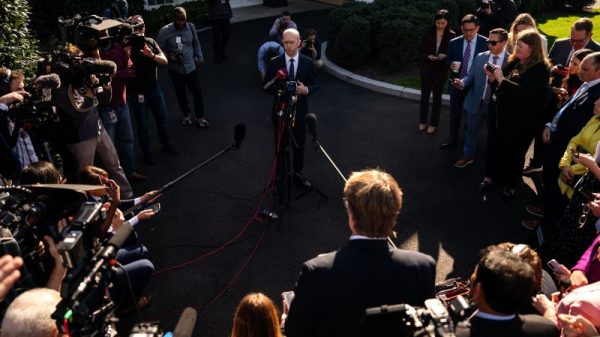Ethereum’s major upgrade, “Dencun” is scheduled to drop on March 13, and, according to developers, it will immediately decrease gas fees on layer 2s by 75%.
A new technological feature called proto-danksharding, aka blobs, is driving this impressive added scale.
Proto-danksharding funnels some of the data from Ethereum’s layer 2s into temporary storage “blobs” of up to one month to offload some of the validating work, making it cheaper and faster.
Polygon Labs’s Vice President of Product, David Silverman, told Decrypt in a recent interview that gas fees may even drop to a level in which crypto companies and projects become happy to cover them.
After Dencun lands, many of the network’s retail users will ultimately get funnelled onto layer 2s, lured by the cheaper fees.
Offchain Labs developer Terence Tsao, part of the team behind Arbitrum, said Dencun is a paradigm shift, marking the moment when Ethereum’s mainnet “fad[es] away into the background,” even while it will continue to underpin the whole network of layer 2s.
After Dencun: Is 2024 Ethereum’s Year
Bitcoin’s exchange-traded fund (ETF) narrative was the biggest boost to crypto prices throughout the end of 2023 and well into the start of 2024.
Spot Bitcoin ETFs are Bitcoin funds, meaning they buy and store vast amounts of the number one cryptocurrency. They also create and redeem their own publicly-traded shares, giving more traditional Wall Street investors and anyone with a brokerage account an onramp into to crypto investing through a regulated structure.
This last point means that investors don’t have the same worries they would have buying and storing the asset directly.
Given the SEC’s round of spot Bitcoin exchange-traded fund (ETF) approvals in January, crypto and ETF analysts are certain that spot Ethereum ETFs are next for a number of reasons.
London-based multinational Standard Chartered Bank recently suggested that approval will happen before May 23 this year. That’s the day when the SEC has to give a verdict on the first recent filing for a spot Ethereum ETF. It makes sense, given the SEC approved Bitcoin ETFs on its January 10 deadline this year.
However, Bitcoin was a different story because the SEC has stated before that BTC is not a security. On the topic of Ethereum’s classification, the regulator has been more ambiguous. If the SEC views Ethereum as a security, there would be more hurdles to approve ETFs, since the SEC would claim much greater oversight on the underlying asset.
Another potential spanner in the works arrived last month. Prometheum, the only SEC-approved crypto company in the US, announced it’s launching its first crypto product in late March: Ether custody.
Analysts Prometheum’s gambit may finally compel the SEC into clarifying whether or not it views Ethereum as a security.
The post Breaking Down Dencun’s Potential to Slash Ethereum Costs appeared first on Cryptonews.




























